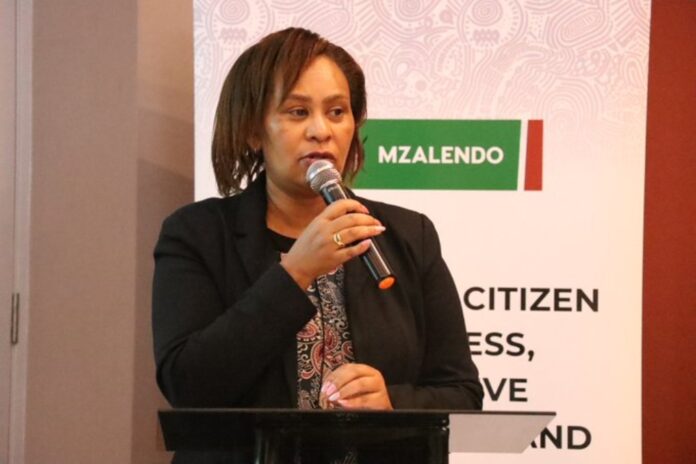A decade after devolution was introduced in Kenya, a new report by the Mzalendo Trust highlights both successes and obstacles in county assemblies’ oversight role. Entitled “A Decade of Devolution: A Study of the Performance of County Assemblies’ Oversight Function in Strengthening Devolution, 10 Years Later,” the report examines the effectiveness of county assemblies in promoting accountability and governance.
“This report is an important milestone for us,” said Caroline Gaita, executive director of the Mzalendo Trust. “For years, we have focused on oversight at the national level, but after ten years of devolution, we felt it was imperative to assess progress at the county level, especially in oversight functions.” The report examines how county assemblies have embraced their legislative, representational, and budgetary oversight responsibilities.
The report highlights key successes, including establishing structured committees within county assemblies that have strengthened governance. In addition, public participation has increased significantly, with citizens actively participating in budget hearings and policy consultations. “Devolution was intended to bring power closer to the people, and we are pleased to see real progress in public engagement,” said Gaita.
Zipline Partners with Kericho County to Revolutionize Medical Supply Deliveries via Drones
However, several challenges continue to hinder effective oversight. High turnover and limited technical skills among members of county assembly (MCAs) have limited their ability to analyze complex financial and policy issues. “The lack of continuous capacity building for MCAs means that there are gaps in their oversight capacity,” Gaita explained, emphasizing the need for sustained training programs.
Another problem is the overlap in oversight roles between the Senate and district assemblies, which has led to confusion and duplication of efforts. “Assemblies are unable to summon county executives with the same authority as the Senate, and this limitation affects their influence,” Gaita noted. The report also points out that the financial control exercised by the county executive can undermine the independence of assemblies, citing Machakos County as an example where the executive’s control of the budget affected the functions of the assembly.
To address these challenges, the report proposes key reforms, including the establishment of a separate County Assembly Fund through the County Public Finance Laws (Amendment) Bill, 2023. This fund would provide county assemblies with the financial autonomy necessary for effective oversight. “For county assemblies to hold the executive accountable, financial independence is essential,” the report states.
The report also recommends improved cooperation between the Senate and county assemblies to clarify roles and build trust. Regular communication and joint activities are seen as essential for cohesive oversight. “We hope this report can help change the public’s perception of county assemblies and emphasize their critical role in governance,” Gaita added.
The study, which covers all 47 counties, highlights counties such as Nairobi, Wajir, and Kajiado, which reflect both strengths and weaknesses within the devolved governance structure. Vincent Kemboi, Speaker of the Baringo County Assembly, expressed support for the report’s recommendations, saying, “We hope that county assemblies will receive the necessary resources and support to strengthen their oversight roles.
The Mzalendo Trust plans to engage key stakeholders, including the Senate, the Council of Governors, and the County Assemblies Forum, to ensure that these recommendations lead to actionable reforms. Gaita emphasized, “We will work closely with these bodies to bring these recommendations to life.” The report serves as both an assessment and a call to action, aiming to realize the true potential of devolution by strengthening county assemblies.








